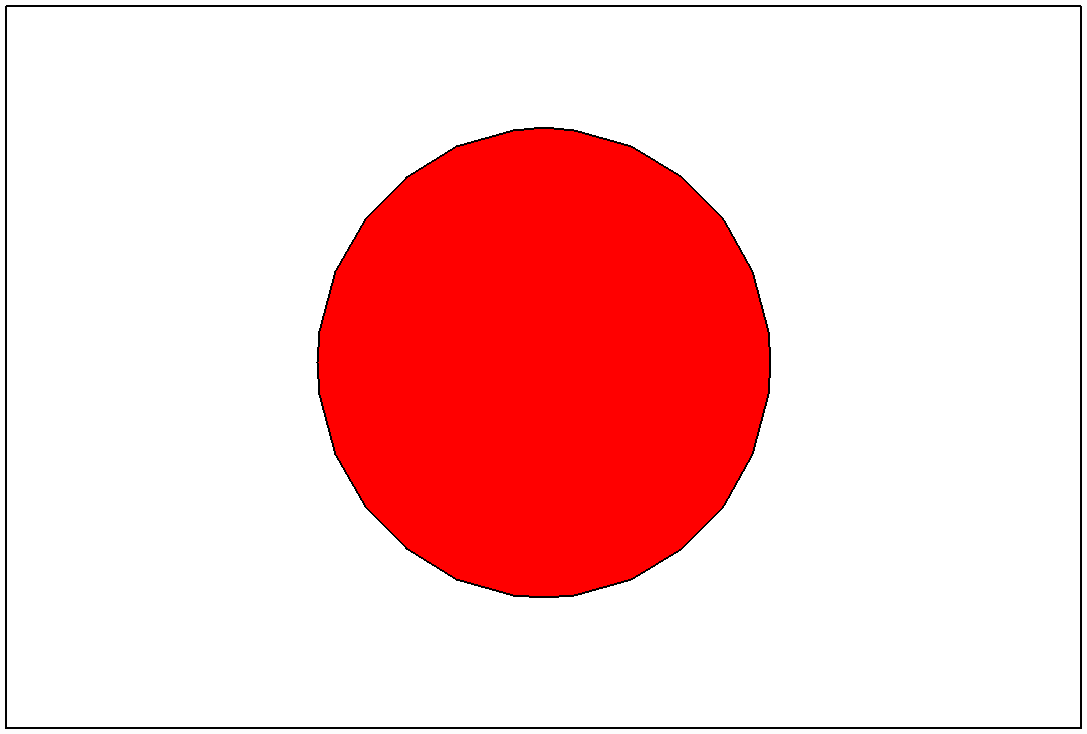Prophetic Times
|
WEEKLY WORLD NEWS UPDATE |
OAKLAND, CALIFORNIA |
10 JANUARY 2004 |
ANTI-SEMITISM TALKS TO GO AHEAD
January 8, 2004
EUOBSERVER reported: A A bitter row between Jewish leaders and the European Commission seems to have been resolved, reopening the path for high level talks on anti-Semitism in Europe. The controversial dispute arose after the President of the World Jewish Congress Edgar M. Bronfman and the President of the European Jewish Congress Cobi Benatoff wrote a letter accusing the European Commission of being anti-Semitic.The comments prompted Mr Prodi to suspend preparations for a scheduled seminar on anti-Semitism. But in an attempt to mend the spiraling dispute, the Chairman of the Governing Board of the World Jewish Congress, Israel Singer, flew overnight from New York to hold a meeting with Commission President Romano Prodi. The meeting was described as "very friendly and fruitful" as both sides sought to play down the recent clash.
Israel Singer emphasized the "full cooperation and full trust" which they had in Mr Prodi from the outset. But his warm words towards the Commission contrast heavily with comments made by Mr Bronfman and Mr Benatoff in when they recently wrote: "Anti-Semitism can be expressed in two ways: by action and inaction. Remarkably, the European Commission is guilty of both".
Asked to explain the reasons behind their comments, Mr Singer's answer was: "Lets deal with the problem rather than the letter. There is a problem in Europe, that problem has to be addressed, that problem has decided to be addressed by us in a cooperative manner and we= re looking at this problem prospectively", Mr Singer said. "We have trust because Romano Prodi has told us what he= s going to do and what his associates are going to do to make sure that no citizen in this continent feels uncomfortable, that every citizen feels as secure as he does", he added.
The Jewish leaders were angry at a eurobarometer poll showing that 59 percent of Europeans thought that Israel was the greatest threat to world peace. They also condemned the censorship of a study by the European Monitoring Centre on Racism and Xenophobia which concluded that Muslims and pro-Palestinian groups were behind many reported incidents of anti-Semitism...

JAPANESE TROOPS TO HEAD TO IRAQ
January 8, 2004
UPI reported: A An advance team of Japanese ground troops is set to depart for Iraq next week to assess the situation and prepare for the dispatch of a larger force. Japan is expected eventually to send 1,000 troops to Iraq, the Japan Times reported.The troops got the go-ahead only after the New Komeito party, a junior partner in the coalition government of Prime Minister Junichiro Koizumi, gave its consent to send them to Samawah, a relatively safe area in southern Iraq. Defense Minister Shigeru Ishiba is expected to issue a dispatch order by the end of the week.
There is a significant split in public opinion in Japan on the dispatch of troops to Iraq. Explaining the government's decision to go ahead, Ishiba cited the need for humanitarian support for the Iraqi people, to help stabilize the Middle East, to respond to the U.N. request for troops and to strengthen the security alliance between Japan and the United States.
CHINA DEMANDS TAIWAN PRESIDENT A STOP PLAYING WITH FIRE@
January 8, 2004
Agence France Presse reported: A China cranked up the pressure on Taiwan's President Chen Shui-bian demanding he "stop playing with fire" by pushing for independence and warning the peace and stability of the region were at stake.Taipei's radical push towards independence has put cross-Straits relations in the crucible," Wang Zaixi, vice minister of the Taiwan Affairs Office of the State Council, was quoted as saying in the China Daily's lead page one story. "Peace and stability across the Taiwan Straits will be determined by what happens in the next three months," he said, warning Chen to "stop playing with fire".
Chen has signed a controversial bill which allows referendums to take place and plans to hold the island's first ever referendum alongside presidential polls on March 20, demanding Beijing remove hundreds of ballistic missiles targeting the island.
Taipei has said repeatedly the referendum has nothing to do with independence and is a symbol of Taiwan's full-fledged democracy, but Beijing is wary and US President George W. Bush has publicly rebuked the plan.
"Taiwan leader Chen Shui-bian's stepped-up efforts towards independence pose a great threat," Wang was cited as saying. "They should be closely watched. If Chen will recklessly take more risky pro-independence moves ... it will trigger tension and even a clash in bilateral ties."
Chinese Premier Wen Jiabao has vowed Beijing will pay any price to safeguard the "unity of the motherland", but Wang stopped short of threatening force. Instead, he reiterated Beijing's long-standing policy that the mainland will make unremitting efforts to peacefully settle the Taiwan question..."
Aside from the front-page story, the English language broadsheet devoted a comment piece and an entire inside page to articles attacking Chen. In the comment piece, a senior researcher at the Chinese Academy of Military Sciences, a research institute under the umbrella of China's armed forces, called Chen an irresponsible, dangerous liar.
"All signs point to Chen Shui-bian as one who does not care for his reputation," said researcher Luo Yuan of the president who pledged when he came to power in 2000 not to push for independence or hold a referendum on independence. "And his polemic is leading the Taiwan people down the alley of war, chaos, and misery. He is an irresponsible and dangerous person. People with a sense of decency, beware..."
Taiwan has been ruled separately from mainland China since the end of a civil war in 1949, but Beijing maintains the island is an integral part of Chinese territory which must be brought back under its rule.@
PENTAGON PRESSES FOR U.S. OPERATION IN LEBANON
January 8, 2004
Middle East Newsline reported: A The U.S. Defense Department is said to be mulling a proposal to expand special operations forces and send them to destroy insurgency strongholds along the Lebanese-Syrian border.U.S. defense sources said the proposal is being examined by Defense Secretary Donald Rumsfeld. They said the plan calls for a multi-pronged attack on insurgency strongholds in such countries as Lebanon and Somalia. "The global war on terror is continuing, and it will for the foreseeable future," Rumsfeld, who did not cite future U.S. counter-insurgency targets, said on Tuesday. "As we prosecute the war, we'll need to continue to strengthen, improve and transform our forces; modernize and restructure programs and commands."

The London-based A-Sharq Al Awsat reported on Wednesday that the proposal submitted to Rumsfeld was the result of the secretary's decision to expand the U.S. war against Al Qaida and its allies. The Saudi-owned newspaper quoted U.S. sources as saying the first step being mulled by Rumsfeld is for a U.S. military attack on Al Qaida strongholds in Somalia as early as this month."
IMF RESEARCHERS: US BUDGET GAPS ENDANGER GLOBAL ECONOMY
January 7, 2004
Dow Jones Newswires reported: A In a report on U.S. budget outlook, IMF researchers described the state of government finances as "perilous" in the long run and urged Congress and the White House to take steps to quickly rein in the deficits. Although federal tax cuts and spending increases since 2001 bolstered the global economy in the short run, the report said "large U.S. fiscal deficits also pose significant risks for the rest of the world."A key risk is that the recent slide of the U.S. dollar against other major currencies could become "disorderly," the researchers said. The dollar has declined sharply since early 2002 against both the European common currency and the Japanese yen, complicating the task of European and Japanese monetary policymakers, said Charles Collyns, who heads the IMF team that monitors the U.S. economy.
"We feel there is a substantial risk that the foreign investors' appetite for U.S. assets, and in particular U.S. government assets, will over time diminish," Collyns said in a news conference. "We think to some degree over the past year this has occurred, and this is one of the reasons why there has been weakness in the U.S. dollar." So far, he said, the decline hasn't jeopardized the economic recoveries in Europe and Japan, but the danger to the global economy could grow if the U.S. budget deficits aren't shrunk.
The White House has said it expects the budget deficit to expand to a record $ 475 billion in fiscal 2004, exceeding 4% of the gross domestic product. U.S. Treasury Secretary John Snow on Wednesday described that level as "entirely manageable," and said the Bush administration expects the deficit to shrink to 2% of GDP within five years.
But the IMF researchers said that won't be enough to address the government's long-term fiscal problems - including financing the Social Security and Medicare programs over the next 75 years. In their report, they said the government faces a $47 trillion shortfall in its ability to pay for those and all other long-term obligations. Closing that gap would require "an immediate and permanent" federal tax increase of 60% or a 50% cut in Social Security and Medicare benefits.
The dollar's recent decline, the researchers said, suggests that foreign investors are starting to worry about the U.S. government's ability to resolve its long-term fiscal problems. "The United States is on course to increase its net external liabilities to around 40% of GDP within the next few years - an unprecedented level of external debt for a large industrial country," they said in the report. "This trend is likely to continue to put pressure on the U.S. dollar...
L. Jim Tuck, Pastor
UCGIA Oakland, San Jose, Stockton, and Santa Rosa
ljtuc@msn.com